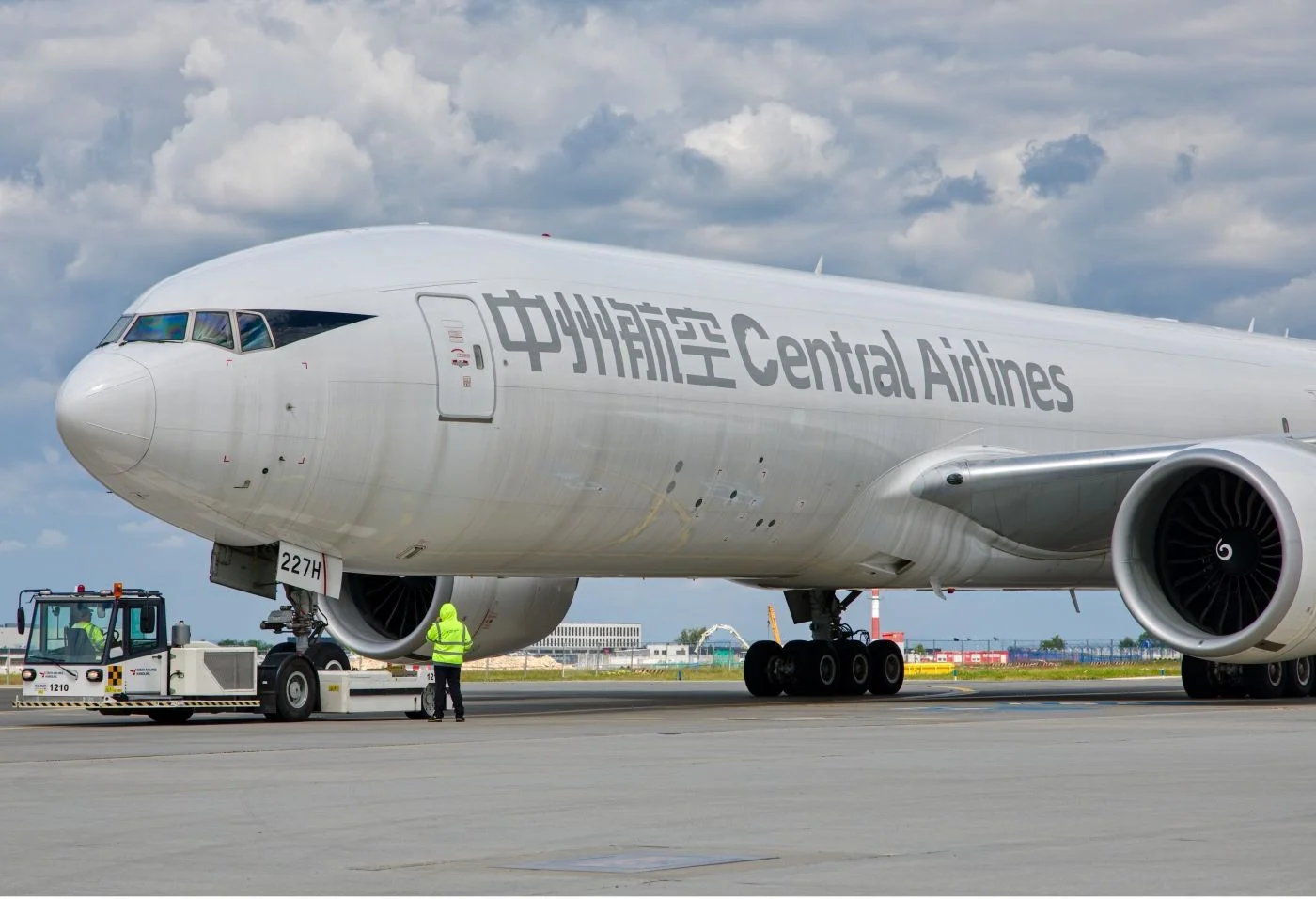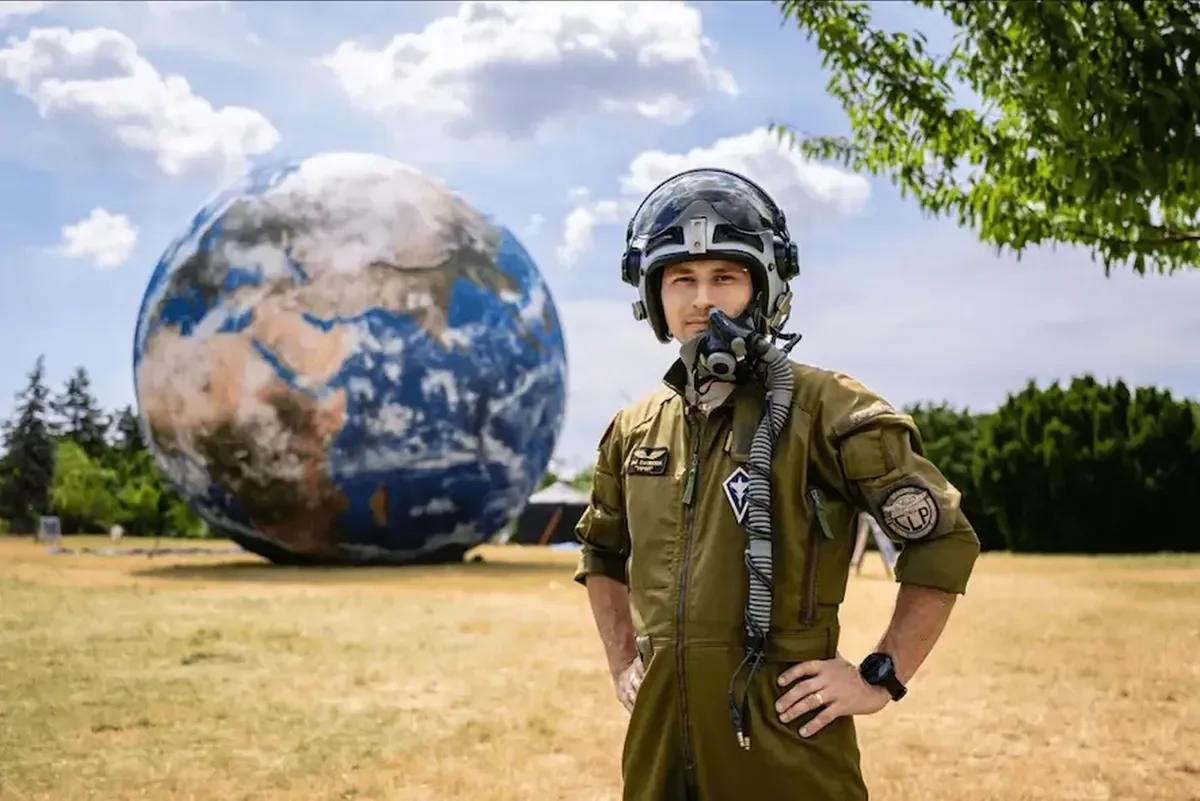
ESA Supports 13 Czech Experiments for Astronaut Aleš Svoboda’s ISS Mission
The experiments are showcased in detail at the largest domestic space festival, the Czech Space Week
Foto: Major Aleš Svoboda | Česká cesta do vesmíru
The European Space Agency (ESA) is supporting 13 Czech research projects for the mission of astronaut Aleš Svoboda on the International Space Station (ISS). The experiments range from biomedicine to nanorobotics and will be presented at the country’s largest space festival, the Czech Space Week.
ESA is backing the implementation of 13 Czech research and technology projects that are to be carried out as part of the upcoming mission of trainee Czech astronaut Aleš Svoboda on the ISS.
The selected experiments include studies on the immune system and tumour growth under microgravity, as well as a world‑first nanorobotics project, in which microrobots will be tested in space for the first time. The experiments are presented in detail at the Czech Space Week, which runs until Sunday, 26 October 2025.
Interest in participating in the mission was enormous: a total of 70 proposals were submitted by universities, research institutions and companies from across the country. After careful pre‑selection and detailed evaluation based on scientific value, technical feasibility and ISS safety, 13 projects were chosen for the mission. The strong demand provided a key impetus for the national project “Česká cesta do vesmíru” (Czech Journey to Space).
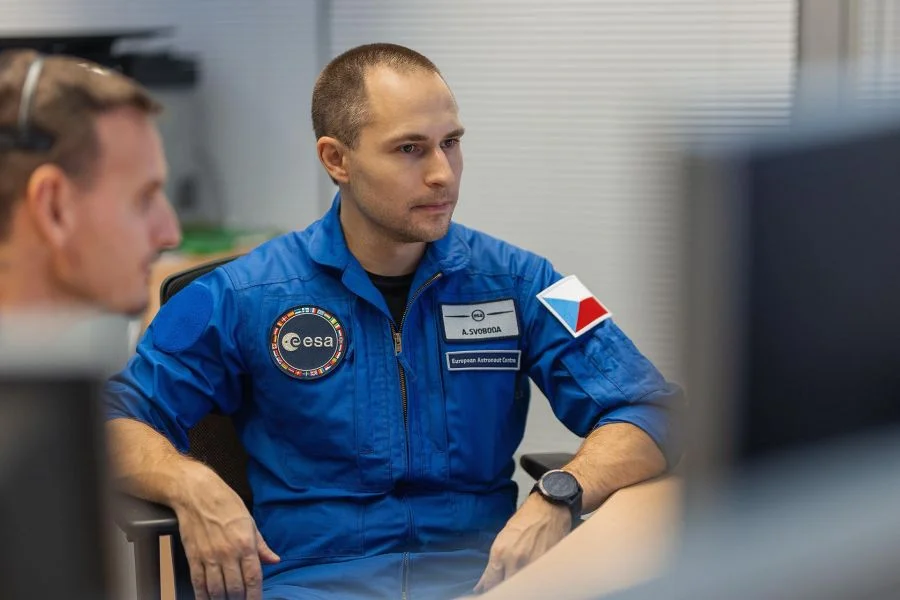
The chosen projects reflect the breadth of Czech research – from biomedicine, nanotechnology and biochemistry to materials science and educational projects for schools. Numerous institutions are involved in the preparations, including the Masaryk Oncology Institute, VŠB – Technical University of Ostrava, CTU Prague, Charles University, Mendel University Brno, Palacký University Olomouc, Masaryk University, Brno University of Technology, BIOCEV, TRL Space, S.A.B. Aerospace and others.
For Czech scientists, the mission represents a rare opportunity to place experiments directly on the ISS. Under the regular ESA programme, smaller states such as the Czech Republic have only limited access. Approvals can take up to ten years – longer than the ISS is expected to remain in operation.
“These experiments are not only scientifically exciting for me, they also demonstrate the enormous dedication of those behind Czech research. It will be an honour to take the results of our scientists to the ISS, supporting research that can have a concrete benefit both for future missions and for life on Earth,” says Aleš Svoboda, who is currently completing the second of three ESA training stages in Cologne.
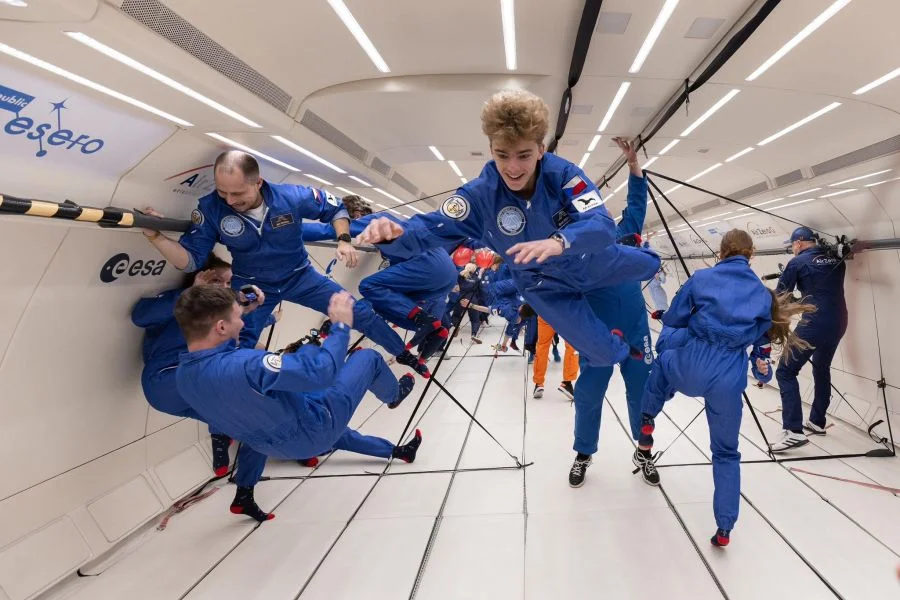
In addition to the scientific benefits, the mission places a strong emphasis on education: “Our mission can show young people that research and technology are meaningful, and that global scientific contributions are achievable in the Czech Republic. This not only sparks interest in science and technology, but also strengthens industry in the long term. That is why this mission is an exceptionally important investment in the future,” explains Transport Minister Martin Kupka.
The “Česká cesta do vesmíru” initiative brings together science, education and industry, supporting the preparation of Aleš Svoboda’s mission and promoting educational projects to introduce young people to the world of space exploration.
More information about the individual experiments is available at ceskacestadovesmiru.cz.
More from Business
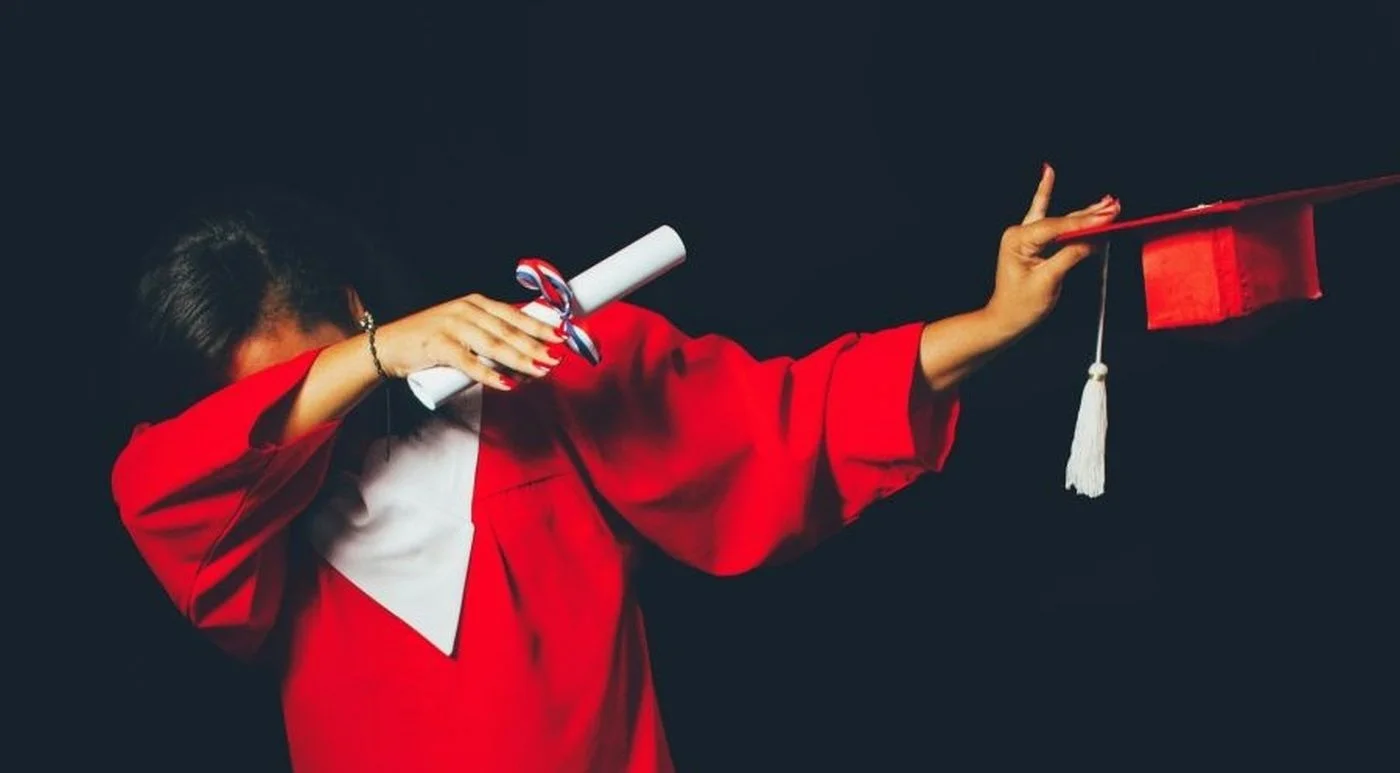
TOP Zaměstnavatelé 2026: Salary Matters – But It’s Not Everything
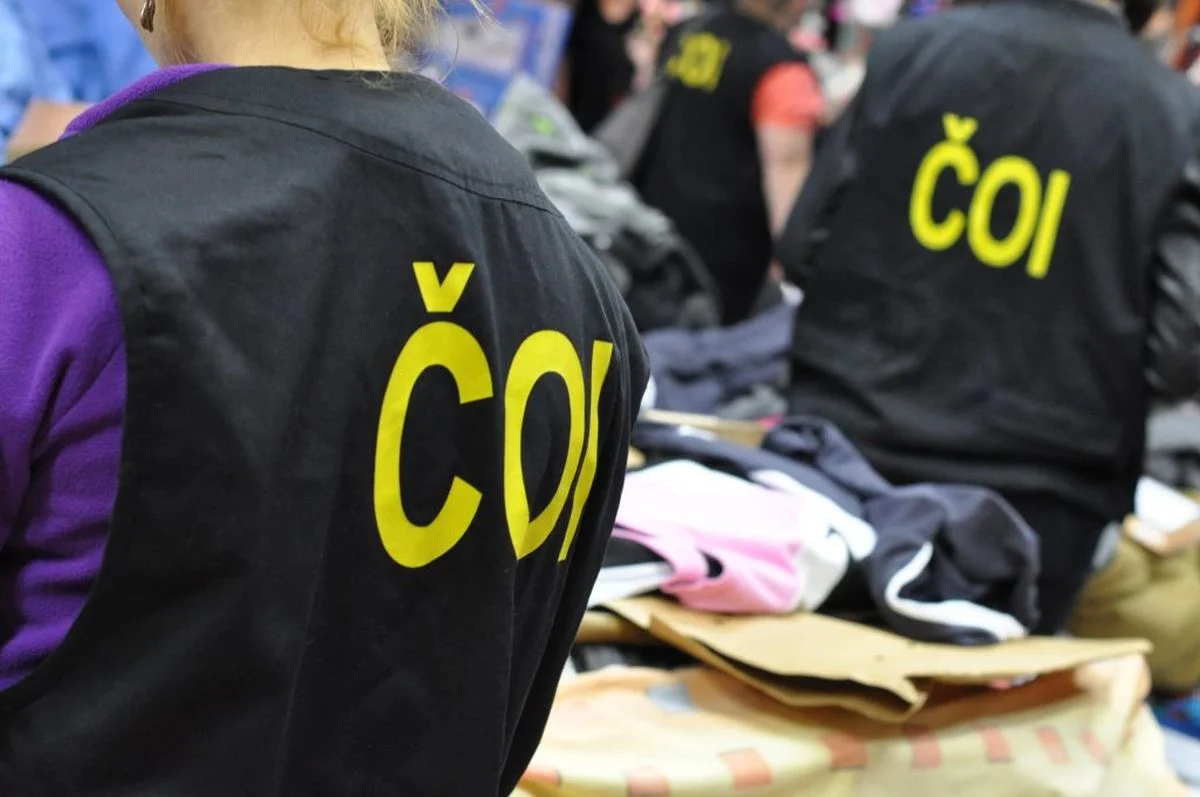
Crackdown on Counterfeit Goods: ČOI Withdraws Around 22,000 Products in 2025
